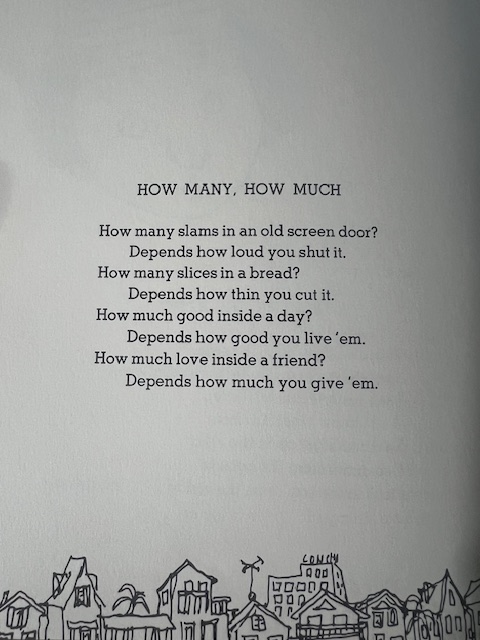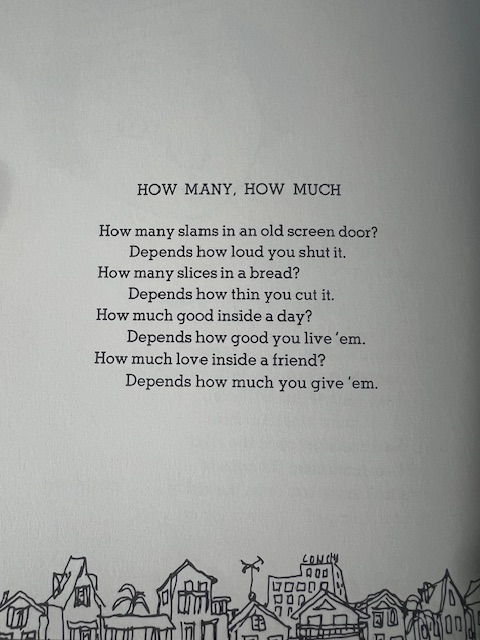Is He a Narcissist or Are We Both Poor Communicators?

Words are important. Frequent use of a word within a culture is reflective of shared values at that given time. Last week, The New York Times pointed out that everything is now a journey. Merriam-Webster declared authentic the word of 2023 (So apropro in this Ai-centric, false persona day and age)
What is a word you feel that too many people use?
A word that’s reached peak overuse over the last several years is narcissist.
It seems like everyone exiting a relationship has discovered that their previous partner is a narcissist from which she had to quickly retreat. As if narcissism is a chronic viral illness. As if you married someone, shared a life with them for over a decade, and suddenly you ripped the sheet off and saw the boogie man they truly were all along.

I don’t buy it.
Narcissism isn’t Real
Narcissism is a psychological term. It’s a word to describe a set of characteristics. A word.
Brain scans have shown distinctions between someone labeled narcissistic and someone not labeled as such. The images produced are real. The differences are factual and able to be seen.
Narcissism is merely a label agreed upon by the scientific community. Scientists love to label.
“[…]words are “coins” for real things. They are not those things, and though they represent them, there are many ways in which they do not correspond at all.”
Labels are words, and words are limitations.
But you cannot understand life and its mysteries as long as you try and grasp it. Indeed, you cannot grasp it, just as you cannot walk off with a river in a bucket. If you try and capture running water in a bucket, it is clear that you do not understand it and that you will always be disappointed.
Our Culture has a Labeling Problem
There was once a time when people rejected being put in boxes. They didn’t want to be defined by someone else’s labels. Things have shifted since then. Everyone wants to declare a stance in a black and white world.
As a society we’re obsessed with dichotomies. Black and white, red or blue, us or them, this obsession is rooted in our political system.
“Lonely people are seven times more likely than non-lonely people to say that they’re active in politics. For people who feel disrespected and unseen, politics is a seductive form of social therapy. […] Politics seems to offer a sense of belonging.”
“But, of course, the politics of recognition doesn’t actually give you community and connection. People join partisan tribes, but they are not in fact meeting together, serving one another, befriending one another.”
How to Know a Person, David Brooks pp 101, 102
People want to assert differences and define themselves. Then, they use the same “us vs them” mode of thinking when they call others names they read on the internet.
“In the beginning, the power of words must have seemed magical, and, indeed, the miracles which verbal thinking has wrought have justified the impression. What a marvel it must have been to get rid of the nuisances of sign language and summon a friend simply by making a short noise—his name! […] the power of words has gone to man’s head in more than one way. To define has come to mean almost the same thing as to understand. More important still, words have enabled man to define himself—to label a certain part of his experience “I.”
[…] to define is to isolate, to separate some complex of forms from the stream of life and say, “This is I.” When a man can name and define himself, he feels that he has an identity. Thus he begins to feel, like the word, separate and static, as over against the real, fluid world of nature.”
Alan Watts, The Wisdom of Insecurity, pp 45-46 (Italics mine)
Let Us Stop Calling Each Other Names
In this internet age, we’ve used our access to all of human knowledge to use psychological terms to hurl insults as if we’re pulling pigtails on the playground. This form of name calling is deemed appropriate because people with a niche education in brain science have declared the label as fact. But it’s no better.
Is Narcissism More Prevalent in 2024?
The ubiquity of narcissist could be a reflection of living in a toxic society.
“The negative view of self may not always penetrate conscious awareness and may even masquerade as its opposite: high self regard. Some people encase themselves in an armored coat of grandiosity and denial of any shortcomings so as not to feel that enervating shame. That self-puffery is as sure a manifestation of self-loathing as is abject self-depreciation, albeit a much more normalized one. It is a marker of our culture’s insanity that certain individuals who flee from shame into a shameless narcissism may even achieve great social, economic, and political status success.”
Gabor Mate, M.D., The Myth of Normal, pp 30-1
This negative view of the self is inflated by social media use and the anxiety that stems from it.
Narcissism lends well to many in the internet age.
“It’s flat-out wrong to think in twenty-first century America that narcissism and sociopathy are illnesses. In today’s America, narcissism and sociopathy are strategies. And they’re very successful strategies, especially in business and politics and entertainment.”
New York psychoanalyst Steven Reisner, as told to Gabor Mate, the Myth of Normal pp 307
Perhaps narcissistic tendencies are being used as a strategy more frequently? I don’t think that’s the case. Rather, I think that being self-focused is a coping mechanism.
“Unless their emotional distress can be shared with and validated by attuned adults, children’s necessary developmental narcissism disposes them to take everything personally.”
Gabor Mate, The Myth of Normal, pp 436
With this considered, there’s a multitude of reasons for people to have an increased rate narcissistic characteristics.
Low self esteem, a society that rewards narcissistic traits, and desperation to have their experience validated.
What of the Partner?
If the basis of narcissistic traits is in shame-disguised-as-shamelessness in an attempt to succeed in a toxic culture, imagine how perpetuating it would be if those behaviors were assumed to be a chronic mental illness? Narcissism: a life-altering, never-ending flaw. If they’re already ashamed, this would deepen that shame and that shame would continue to be expressed in self-puffery. The behavior would confirm the armchair therapist’s notions but nothing would be done for the person who is desperate for validation. They are simply dismissed.
Psychological Term Abuse
Psychological term abuse is rampant. People claim “OCD” because they want things organized, they say missing the school bus was traumatic. It’s one thing when it’s yet another case of melodrama, but something else entirely when a non-professional diagnosis causes a rift in a family or increased social isolation.
The problem lies not only with the person being labeled. She who is doing the labeling also suffers, as she isn’t seeing the role that she plays in conflict. Name calling doesn’t lend to introspection. She’ll only go on to find another partner, have conflict, and leave it unresolved after deciding the new person is also irreversibly flawed.
Plasticity
The brain is plastic. It changes itself through repetition of an act. In a constant state of change, it is flowing like a river. Brain imagery is like taking a bucket of water from the river, showing it to someone, and saying that the person now understands the river.
If the brain is in a constant state of change, it changes through interactions with another person. Through neural mirroring and communication, verbal and non-verbal, people can overcome narcissistic traits.
What quality do you value most in a friend?
Open Communication.
So many friendships end, much like the marriages of these women deeming their ex husbands narcissists, because of lack of communication. If the guy felt like his partner was a safe space to admit underlying shame that caused him to exhibit these traits, perhaps they could heal his toxic masculinity together.
Similarly, if I had approached the gossiper or the classist with haste, maybe the friendships wouldn’t have ended abruptly. If the envious one would have answered honestly, maybe we could’ve hashed things out. Old abandonment fears cause me to consider deeply these relationships that ended, no matter how long ago. But ultimately, the best friends are with those who conflict gets resolved through openness, and the less-than-best usually cull themselves. And that’s for the best.

What do you think?